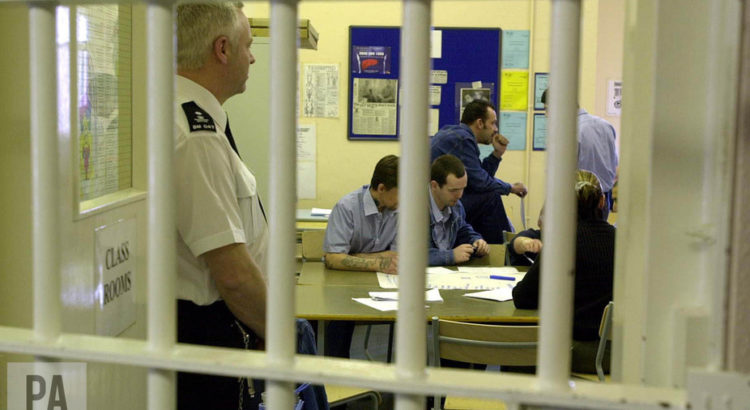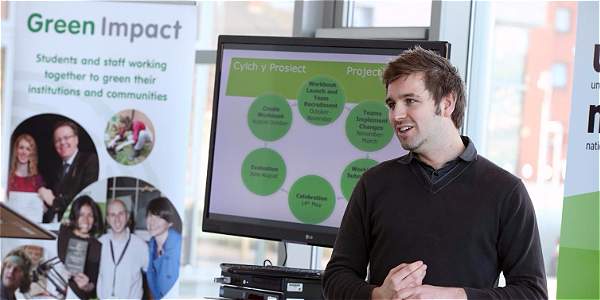Reino Unido/Febrero de 2017/Fuente: Hindustantime
RESUMEN: En una ruptura de su historia de 700 años, la Universidad de Oxford del Reino Unido está considerando la posibilidad de abrir su primer campus extranjero en Francia para seguir recibiendo fondos de la UE después de Brexit, informó el lunes un informe de la prensa. Una de las instituciones educativas más antiguas y conocidas del mundo considera que los planes son un resultado directo del referéndum de Gran Bretaña en favor de una salida de la Unión Europea (UE), lo que podría afectar la financiación de la UE. A la Universidad de Oxford se le ha dicho que cualquier campus abierto en Francia podría tener el estatus legal francés y seguiría recibiendo fondos de la UE después de Brexit, informó The Daily Telegraph.
In a break from its 700-year-long history, the UK’s University of Oxford is considering opening its first-ever foreign campus in France in order to continue receiving EU funding post-Brexit, a media report said on Monday.
One of the world’s oldest and best-known educational institution is reportedly considering the plans as a direct result of Britain’s referendum in favour of an exit from the European Union (EU), which could impact EU funding.
Oxford University has been told that any campus opened in France could have French legal status and would continue to receive EU funding following Brexit, ‘The Daily Telegraph’ reported.
As part of the plans, British Universities would “relocate” degree courses and study programmes and create joint degrees and research laboratories.
A spokesperson for the University said no decision has been taken, adding, “Oxford has been an international University throughout its history and it is determined to remain open to the world whatever the future political landscape looks like.”
French officials met senior staff at Oxford University last week to discuss a so-called “satellite” base in Paris.
Other universities, including the University of Warwick, have also been approached with the idea to build a new campus in Paris in 2018.
Jean-Michel Blanquer, the former director-general of the French ministry for education, confirmed that efforts were under way to attract Britain’s best Universities on to French shores.
“The idea is symbolic, to say after Brexit, we want to build bridges and that academic life is not totally dependent on political problems.
“We want to say to British Universities that it can be a win-win game for you. To have high quality institutions from the UK working in our territory, interacting together in terms of research and collaboration,” Blanquer told the newspaper.
Last month, Oxford University’s head of Brexit strategy Professor Alastair Buchan said: “We have got to be absolutely sure we are open. Every student and every staff member that comes to Oxford is a benefit for this country because we recruit quality, people that play in the top league.”
A spokesperson for the UK government’s Department for Business, Energy and Industrial Strategy said Britain is home to some of the world’s best Universities and research institutions and the plan is to secure the best possible outcome for the UK’s research base after Brexit.
“We have already taken steps to provide assurances by committing to underwrite Horizon 2020 grants bid for prior to the UK’s departure from the EU and put science and research at the heart of our Industrial Strategy with an extra 2- billion-pound investment per year – and will seek agreement to continue to collaborate with our European partners on major science, research and technology initiatives,” the spokesperson said.
Fuente: http://www.hindustantimes.com/education/oxford-university-considers-post-brexit-foreign-campus-in-france/story-JCWzPSEMNWpggFZ6uqLY4I.html

















 Users Today : 175
Users Today : 175 Total Users : 35404197
Total Users : 35404197 Views Today : 211
Views Today : 211 Total views : 3333690
Total views : 3333690